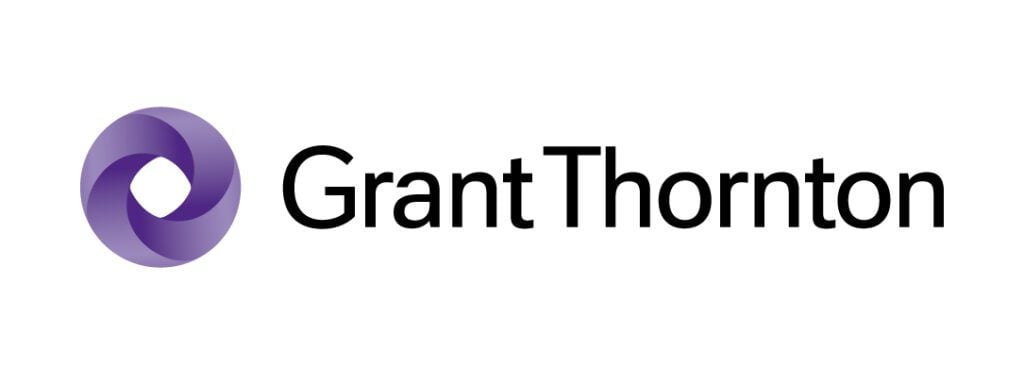The fixed hybrid working debate is moving on towards a more hybrid culture mindset. We look at why this helps businesses and suggest four ways boards can support the leadership team to make the change.
‘Hybrid cultures’ is a term that is starting to gain momentum as hybrid working continues to evolve, and that requires a different way of thinking as the board grapples with future realities. A hybrid culture goes beyond the ‘location’ debate and requires a wider discussion that focuses on the future of the business and its ability to grow. For example, as part of culture, new reporting legislation will require listed businesses to be more explicit in how they intend managing and reporting on risks and controls. Considerations will need to include the impact of hybrid cultures as part of that debate.
Over the past 18 months, surveys have repeatedly stated that workers who can work from home, not only prefer it – enjoying a better work/life balance and stronger emotional wellbeing – but believe they are also more productive. (Which some may say has more to do with the inadequacies of the previous cultural norms rather than where we are today.) And while this is a big tick for employee engagement stats, longer term this step change will need careful consideration so that the culture evolves for the benefit of all: workforce, board, shareholders and wider stakeholders.
So, how can boards deliver on their responsibilities in terms of the assurance of today and direction of tomorrow? Well, to start with, they must have a well-thought-through view on what the evolving culture must be and deliver. The board will be required to continue its work in evaluating roll-out of the strategy but, more than ever, development of the accompanying culture, governance and development of succession should be part of the debate.
Mindset shift
Most of us have come to accept that fixating on how to get people back into the office was one of last year’s hot topics, and for many businesses, like it or not, hybrid working is here to stay. The question is, what is the bigger discussion? While much of the discussion will be at the company level, engaging the board with its collective expertise will ensure wider perspectives are gained. Boards should have the skills to consider interdependencies, partnerships, networks, risks and opportunities, innovations and synergies. In short, the longer-term view, with its options, risks and opportunities.
In her book ‘Mindset’, Stanford psychology professor Dr Carol Dweck says that “it isn’t intelligence, talent or education that sets successful people apart. It’s their mindset, or the way that they approach life’s challenges.” No one is denying that this is a time of significant uncertainty, and it makes sense to drive the plan towards greater stability, but without openness of discussion, the board may miss the opportunity to look creatively at the challenges. Resistance to change, power bases and lack of trust will suppress open dialogue. Progressive boards, on the other hand, are already recognising a need to coalesce more as a collective around the strategy, challenging the plans through the lens of how a hybrid culture will deliver that in three, five and10 years. For some, it is they who will be delivering it and need to be involved.
So, just for a moment, let’s imagine that we see the value in exploring a different approach.
Dweck offers up proof that adopting a ‘growth’ mindset generates different outcomes for an individual or group, such as a board. For a start, a resourceful, creative and open-minded board might see the need to work in different ways to generate better solutions, such as having quarterly creative thinking sessions and regular scenario planning. It’s not unusual for the board’s annual awayday to be a dry, presentation style – and that won’t harness the board’s collective intelligence and experience. Longer term, working patterns will need to change, just as they did during the pandemic. Chairs tell us they are concerned that hybrid board meetings are the worst of both worlds, but as yet they haven’t explored alternative solutions.
And it is for the board to not only role model the culture but also ensure the ‘tone from the top’ engenders the vision. Hybrid cultures are the way forward simply because they embrace diversity, sustainability and collaboration – the post-pandemic culture. These all call for synergy and creativity – something that may have been lost in the last five years – an emerging reality for boards to accept. They should be questioning the executive on what the future might look like and how they intend to make that happen. An adult-to-adult hybrid culture is much healthier than the old parent-child fixed leadership mentality but it should also be more productive and accountable.
Role of the board and NEDs
1 Be a role model
Can something that is ambiguous and emerging be role-modelled by the board? Of course, but some activities will need to take on a greater sense of importance. Boards will need to get closer to the business than ever before to provide the right expertise and timely support where it is needed. Board skills will therefore need to adapt over time.
2 Measure your culture
Many boards are only just starting to measure culture effectively. In our latest Grant Thornton FTSE 350 Corporate Governance Review, only 43 out of 276 organisations had got as far as developing a culture dashboard as a way of measuring culture in the workplace, and only 15% of FTSE 350 boards said that identifying and monitoring culture in this hybrid world was a priority this year. That’s surprising given the degree of volatility that is happening in business and markets. These are just two examples of where boards are not yet seeing the red flags and putting pressure on management and business to step up.
3 Dynamic succession planning
Boards should be holding the business to account on succession planning and taking the changes in working culture and future needs seriously. Yet few succession plans are anywhere near dynamic or comprehensive enough. Nomination chairs tell us of a reluctance to produce detailed plans given the fast-moving business environment. Succession planning is seen as an activity that lacks value and was more relevant when workforce retention was stable and candidate mobility less prevalent – a fixed mindset.
What if succession planning were a more dynamic activity? What if it enabled the business to use the frame of a growth mindset to look at where it wants to be in five, seven, 10 years? What sort of culture will that require? How will governance and risk be managed? That’s a growth mindset; that’s hybrid.
4 Champion inclusivity
Then there is diversity at board level. A fixed mindset involves making new hires simply to achieve minimum quota targets on the board. A growth mindset explores what the business will require to ensure future growth, and what skills will be needed to support an inclusive hybrid culture that will underpin growth.
The FCA’s new diversity listing rules LR 9.8.6R(9) and LR 14.3.33R(1) state that board diversity targets should include a minimum of 40% women on the board, as well as one of the senior board positions of chair, CEO, senior independent director (SID) or CFO being female. Furthermore, a minimum of one member of the board should be from a minority ethnic background. It’s a start, but by no means representative of society today.
In closing, let us return to the purpose of this article to explore what is meant by hybrid cultures and how can boards lead the change. This is about more than the wellbeing of people working from home. Hybrid cultures concern the wellbeing of the whole organisation and systems in which they operate. Thinking will require time to develop but the questions should be holding the board’s attention now.
What does an organisation feel like to work in that has taken seriously the concept of developing a hybrid culture – and what role do NEDs have in making that happen?
This blog is written by Karen Brice, Director, Governance and Board Adviser at Grant Thornton UK LLP. Grant Thornton has partnered with NEDonBoard to provide educational and insightful content to our community of influential board members. Get in touch if you’d like to speak to Karen about the ways you can successfully deliver a hybrid culture in your organisation.
Interesting in resources related to succession planning and ED&I? Visit the NED Diploma or email [email protected].




